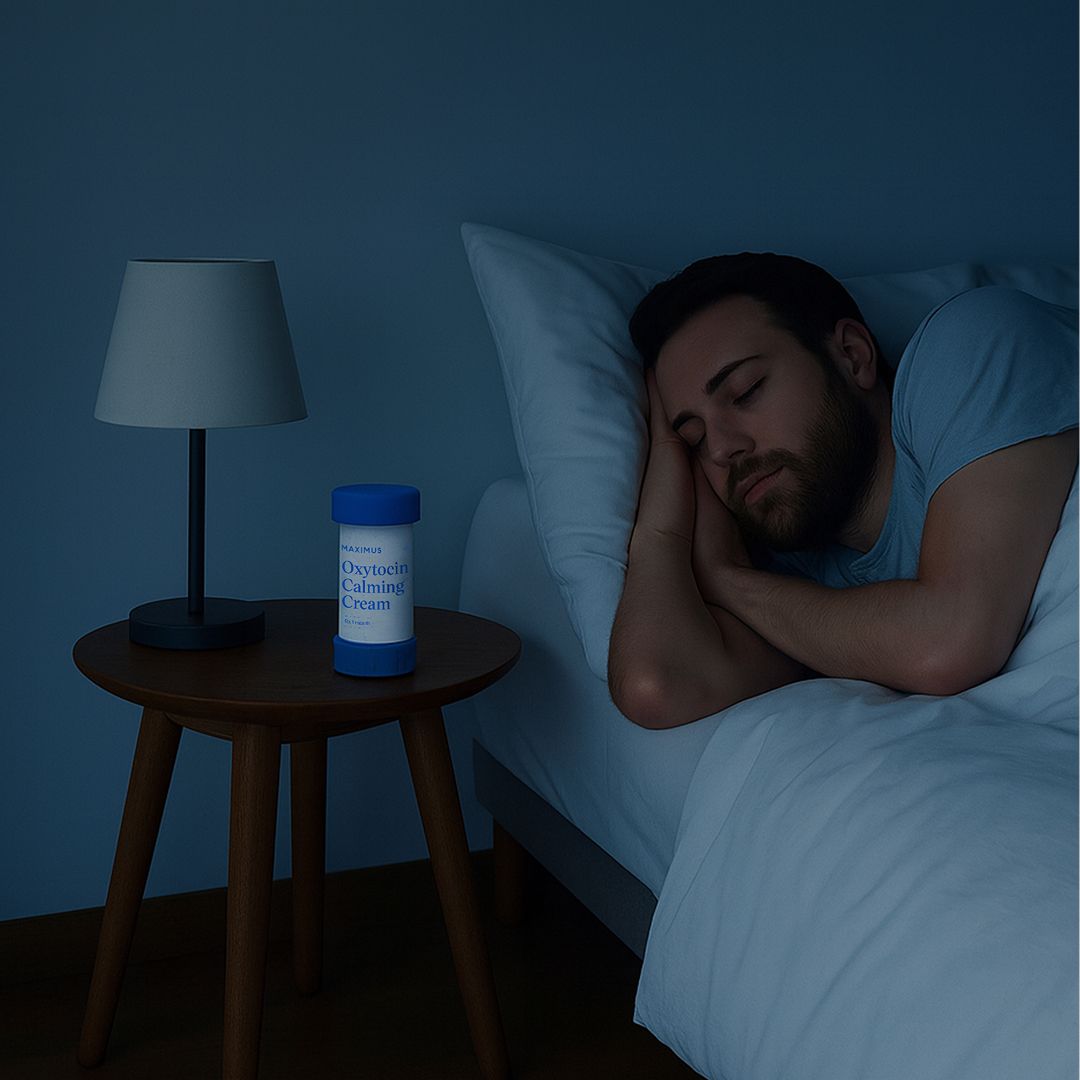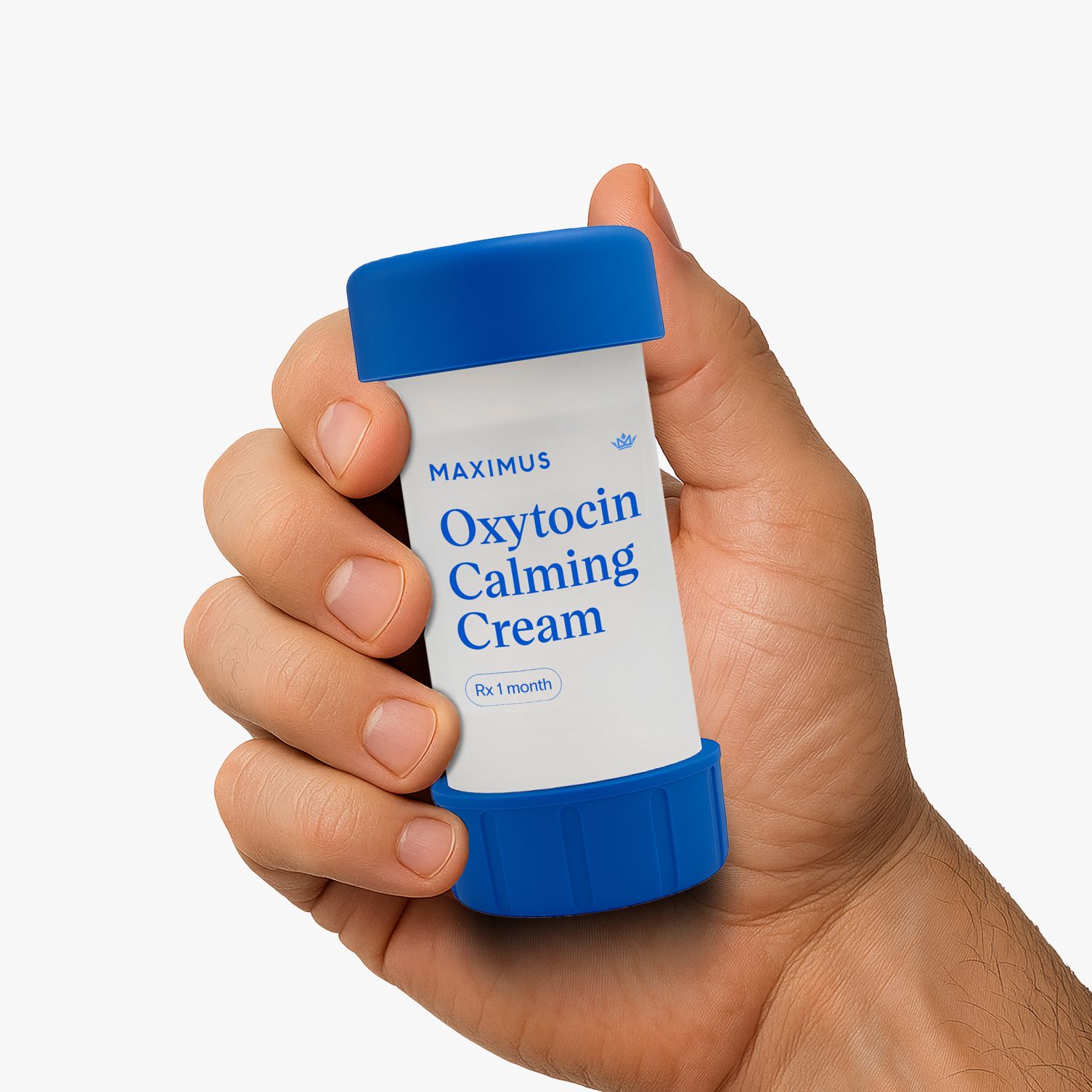More than 54.4 million people in the U.S. have arthritis, which involves joint pain, swelling, and stiffness. Anyone can develop arthritis, especially if they’re over age 50, but other factors may contribute — research shows that low testosterone may be one of them.
A recent study published in Scientific Reports found a possible connection between low testosterone and an increased risk of developing arthritis. After analyzing data from more than 10,000 men and women, researchers found that adults with arthritis had significantly lower testosterone levels than those without arthritis. Not only that, but those with lower testosterone levels were said to be at higher risk for developing arthritis.
So does this mean low testosterone causes arthritis? Not exactly.
Despite the interesting correlation between low testosterone and arthritis, the study authors make clear that their research does not mean low testosterone causes arthritis. Their research provides insight into the relationship between hormonal health and joint health, but a lot more research is needed to better understand the link between these two conditions.
We know that there are a number of different factors that can make someone more likely to develop arthritis. These vary depending on the type of arthritis, but can include things like joint injuries, being overweight, and genetics. In the study published in Scientific Reports, the researchers point out several shared risk factors for arthritis and low T. These include:
- Obesity
- Advanced age
- Smoking
- Diabetes
- Hypertension
More on the relationship between testosterone and joint health
Earlier research has shown that sex hormones like testosterone are directly involved in important bodily processes like bone formation. Sex hormones may also help protect against cartilage inflammation and breakdown, which are common with arthritis. Research also shows that low testosterone triggers the production of a substance called RANKL that may lead to decreased bone density.
Tips for improving arthritis
Remember — low testosterone doesn’t necessarily cause arthritis, but this new research shows that it may increase the risk. People can develop arthritis for many different reasons, like joint injuries and overuse, obesity, and smoking.
Only you and your doctor can decide the best path forward for treating arthritis, but there are some things you may be able to do at home as a starting point. While you can’t control your age or genetics, there are lifestyle changes that may increase testosterone and improve symptoms of arthritis at the same time. These include:
- Maintaining a healthy weight
- Following a nutritious diet and exercising regularly
- Prioritizing sleep
- Giving up smoking
- Cutting back on drinking
- Lowering your stress levels
Some important takeaways:
- Low testosterone doesn’t necessarily cause arthritis, but it may be associated with an increased risk.
- Testosterone is directly involved in bone formation and mineralization, and protects cartilage from inflammation and degradation.
- Lifestyle changes that may improve arthritis and low testosterone include maintaining a healthy weight, exercising regularly, giving up smoking, and managing your stress levels.
Disclaimer: The contents of this article, including, but not limited to, text, graphics, images, and other information, is for information purposes only and does not constitute medical advice. The information contained herein is not a substitute for and should never be relied upon for professional medical advice. The content is not meant to be complete or exhaustive or to be applicable to any specific individual's medical condition. You should consult a licensed healthcare professional before starting any health protocol and seek the advice of your physician or other medical professional if you have questions or concerns about a medical condition. Always talk to your doctor about the risks and benefits of any treatment. Never disregard or delay seeking professional medical advice or treatment because of something you have read on this site. Maximus does not recommend, endorse, or make any representation about the efficacy, appropriateness, or suitability of any specific test, products, procedures, treatments, services, opinions, healthcare providers or other information contained herein. Maximus is not responsible for, nor will they bear any liability for, the content provided herein or any actions or outcomes resulting from or related to its use.





